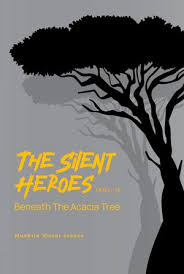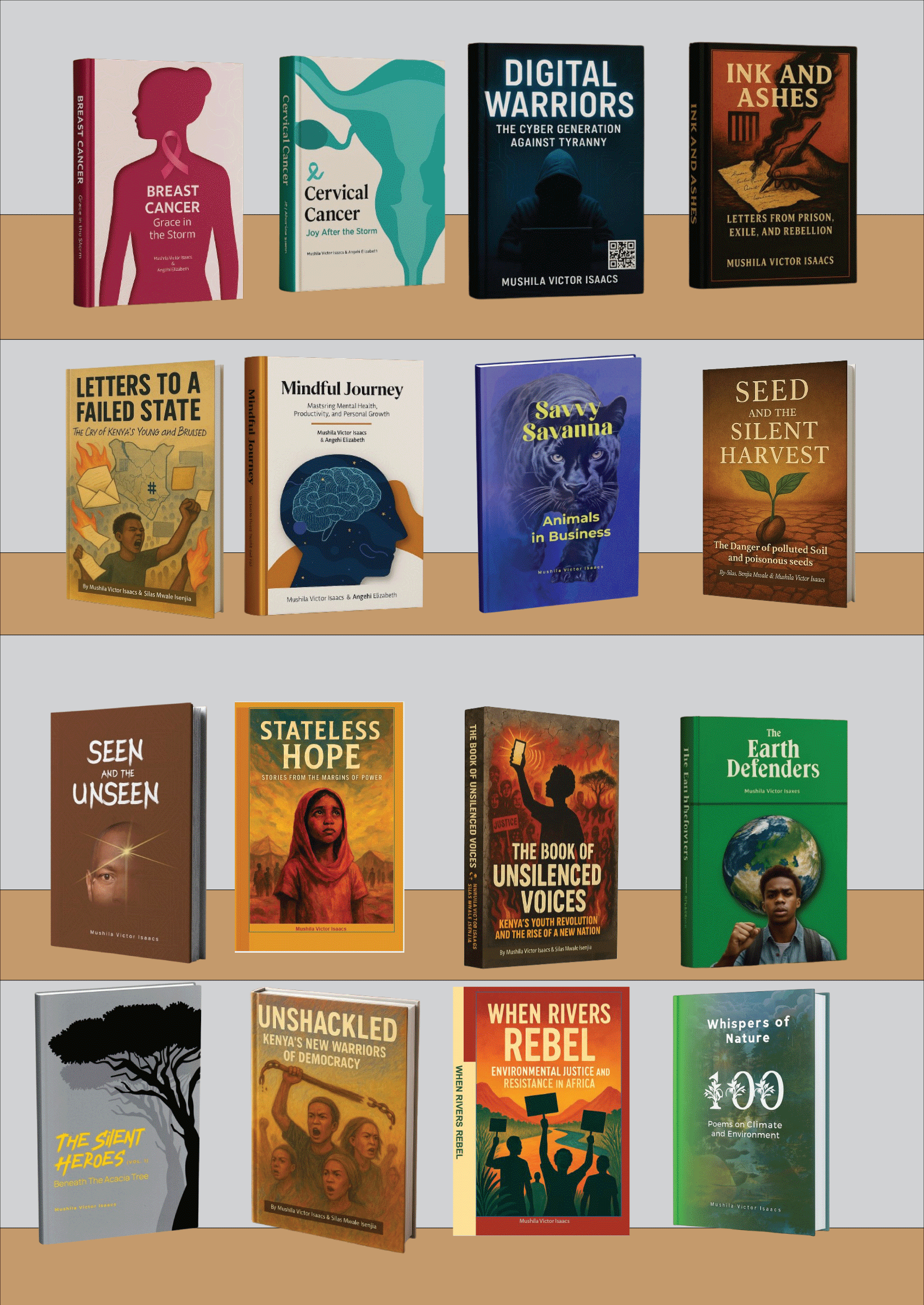The sun rose quietly over the hills, casting its golden light on the village of Eden. Nestled between vast fields of maize and patches of acacia trees, the village had stood for centuries, a place where the earth whispered ancient stories to those willing to listen. Here, life followed the rhythm of nature, guided by the seasons, the rains, and the wisdom of elders. The people of Eden were farmers, hunters, and gatherers, their hands calloused by years of working the soil, their hearts tied to the land that nourished them.
At the heart of the village stood the mighty baobab tree, its thick trunk and twisted branches reaching toward the sky like an elder offering prayer to the heavens. For generations, the baobab had been a silent witness to the laughter, the tears, and the struggles of Eden’s people. It was beneath this very tree that the council of elders gathered to discuss matters of importance—land disputes, marriage rites, and the telling of the old tales. To the people, the baobab was more than just a tree; it was a living symbol of their connection to the past, a reminder of the strength that came from knowing where one’s roots lay.
Jomo, a lanky boy of fifteen, sat beneath the tree, his back resting against its rough bark. He gazed out over the village, his mind wandering through the stories he had heard from his grandmother, Shosho, who had raised him after his parents died when he was young. She often spoke of the ancestors—warriors, healers, and farmers—who had walked these lands long before them. They had fought for their survival, faced droughts and floods, and had always emerged stronger. Shosho said that the blood of those ancestors flowed through Jomo’s veins, and that one day, he too would face trials that would test his strength.
“You must remember, my grandson,” she would say, her voice soft but firm, “the land is not just dirt and stones. It is our lifeblood. It holds the stories of those who came before us. If you listen closely, it will guide you.”
Jomo felt the weight of her words, though he didn’t fully understand them yet. Life in Eden was simple—wake up with the sun, tend to the animals, help in the fields, and gather at dusk around the fire to hear the day’s news. But recently, there had been whispers of change, carried on the wind like the dry dust before a storm. Strangers had begun appearing in the nearby towns, men with pale skin and strange tongues. They wore stiff clothing and carried with them weapons that glinted in the sunlight. The elders spoke of them with hushed voices, their eyes clouded with worry.
“They come from far across the seas,” Shosho had told him one evening as they sat by the fire. “They claim to bring progress, but their progress is like the fire—it burns everything in its path.”
Jomo didn’t know what to make of these stories. The men had not yet come to Eden, and for now, the village remained untouched by their presence. But the air was thick with uncertainty, and Jomo could feel it. His friends, too, had begun talking in low voices, wondering what these strange men wanted and why they were here. Some said they came to trade, others whispered of land being taken, and still, others feared that the old ways would be lost forever.
Eden was a place where traditions were deeply rooted. The people lived in harmony with the land, understanding its rhythms and respecting its power. Every year, they held festivals to honor the changing seasons, to give thanks for the harvest, and to ask for the rains that would nourish their crops. The dances, songs, and stories passed down through generations kept the village’s history alive, binding the people to their past and each other. It was a way of life that had endured for centuries.
Jomo’s father had once been a warrior, respected for his strength and his loyalty to the village. Though he had passed many years ago, Jomo often wondered what he would have done in these times. Would he have fought to protect their land, or would he have sought peace with the newcomers? The boy felt the pull of his ancestors more strongly now, as if they were calling to him, urging him to be ready for the unknown.
As the sun dipped lower in the sky, casting long shadows across the village, Jomo stood up and dusted off his hands. He looked once more at the baobab tree, its silhouette now a dark figure against the fading light. He knew that life was changing, even if he didn’t understand how. The land beneath his feet, once a source of comfort and familiarity, now felt like a place on the edge of something new—something dangerous.
[…continue with the rest of the chapter as needed…]

